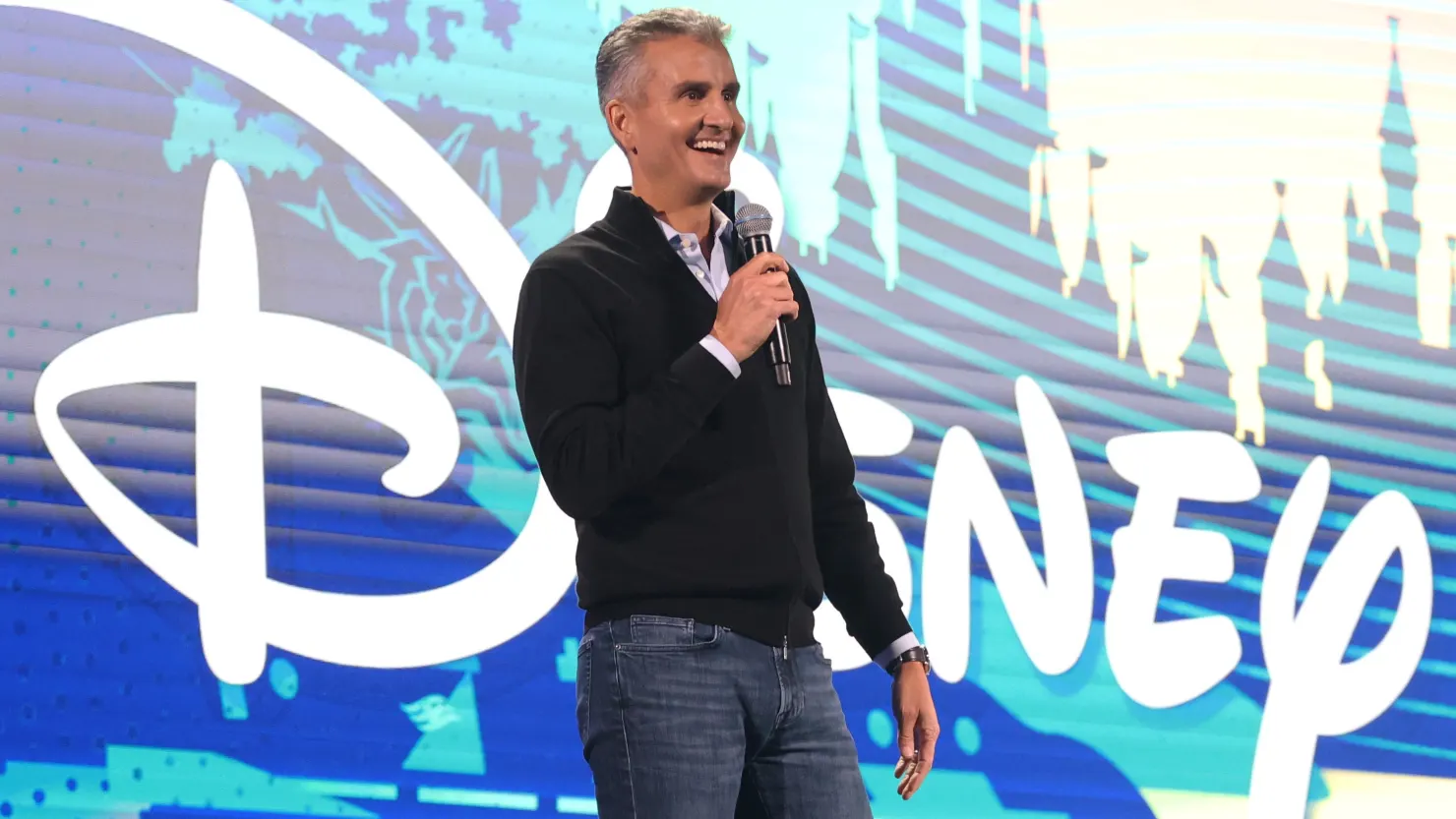A recent survey reveals that a significant number of family offices—private investment firms serving ultra-wealthy families—are struggling to attract and retain key staff, and the issue extends beyond compensation, CNBC reports.
According to findings from wealth manager AlTi Tiedemann Global and research firm Campden Wealth, nearly two-thirds of family offices report difficulties in hiring, while more than half express concerns about retaining talent. The survey, conducted between November 2024 and March 2025 and shared exclusively with CNBC, included responses from 146 family offices.
The challenge is particularly pronounced among large family offices managing $1 billion or more in assets. A striking 92% of these firms reported hiring difficulties, and they experience notably higher turnover, with an average employee departure every nine months. In contrast, smaller family offices—those managing between $150 million and $249 million—reported fewer retention issues, partly because they often rely on family members to fill key roles.
One major hurdle, experts say, is the shrinking pool of top-tier investment professionals. Erik Christoffersen, head of AlTi’s multifamily office practice, pointed out that institutional investors are increasingly competing for the same talent. He noted that even family offices with strong financial capabilities may struggle with the “sticker shock” of competitive market salaries.
However, compensation isn’t seen as the primary barrier. Fifty-five percent of surveyed offices identified a lack of compelling long-term career opportunities as the main obstacle to recruitment and retention, compared to just 26% who cited salary as the key issue.
“I’m not sure it’s always that compelling a job description,” said Christoffersen, stressing the importance of making roles within family offices more dynamic and rewarding.
To improve retention, Christoffersen recommends revisiting internal structures to enhance employee roles and create clearer growth paths. This could include broadening responsibilities and offering performance-based compensation adjustments. Additionally, flexible work arrangements and stronger benefits can reduce turnover by increasing job satisfaction.
Another strategy is outsourcing. For all but the largest firms, leveraging external service providers can help address internal staffing gaps without significantly increasing headcount.
As market conditions remain volatile and asset management becomes more complex, Christoffersen emphasizes the growing importance of experienced and adaptable talent.
“You can’t just rely on a passive index portfolio anymore,” he said. “You need skilled professionals navigating in a much choppier sea.”










The latest news in your social feeds
Subscribe to our social media platforms to stay tuned